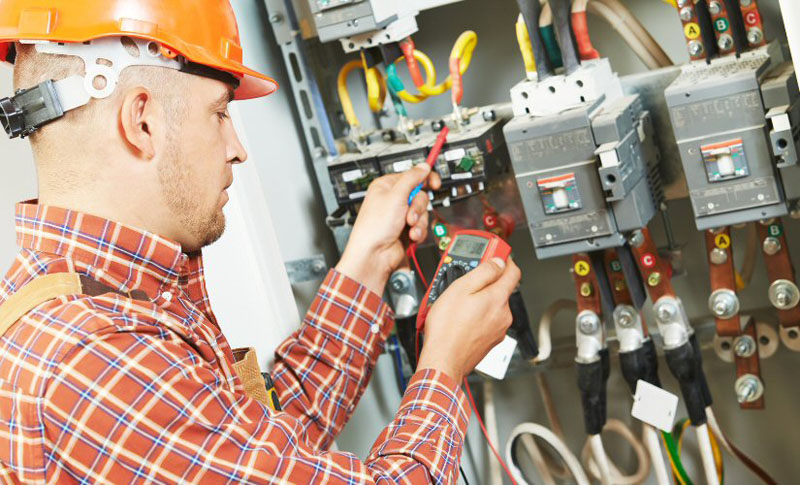

As a result of many years developing and teaching courses devoted to compliance with the IEE Wiring Regulations for low voltage installations up to 750V & IEC 60364 as well, it has become apparent to me that many operatives and personnel in the electrical contracting industry have forgotten the basic principles and concepts upon which electric power supply and its use are based. As a result of this, misconceived ideas and much confusion have arisen over the interpretation of the regulations. It is the intention of this course to dispel such misconceptions and to educate and where necessary refresh the memory of the trainee. In this respect, emphasis has been placed on those areas where most confusion arises, namely earthing and bonding, protection, and circuit design.
By the end of this course delegates will be able to:
Electrical Engineers, Electrical Technicians, Electrical Inspectors, Electrical Professionals & Supervisors, Instrumentation and Design Engineers, Maintenance Engineers, Supervisors & Technicians, Energy Management Consultants, Control Engineers & Technicians, Automation & Process Engineers, Chemical & Mechanical Engineers, Consulting Engineers, Field Technicians, Graduate Engineers, Project and Production Managers, Project Engineers, Electronic Technicians, Plant Managers, Process Control Engineers, System Engineers, System Integrators, Testing Engineers & Technicians, Power System Engineers, Power System Technicians, Utility Engineers, Managers & Team Leaders of Engineering Departments, Safety Professionals, Plant Electricians, Facilities Engineers, Operations & Maintenance Engineers, Supervisors & Technicians, Project Engineers, Commissioning & Testing Engineers, Consulting Engineers, Electrical Technologists, Facility & Plant Managers.
This interactive Training will be highly interactive, with opportunities to advance your opinions and ideas and will include;
Fundamental Requirements for Safety & Basics
Review of Electrical Fundamentals
Earthing & Bonding
Protection & Shock
Control
Circuit Design
Example of Circuit Design
Conduit Installations & Raceways
Testing and Inspection
BTS attendance certificate will be issued to all attendees completing a minimum of 80% of the total course duration.
| Code | Date | Venue | Fees | Register |
|---|---|---|---|---|
| EE127-02 | 10-05-2026 | Manama | USD 5450 | |
| EE127-03 | 12-07-2026 | Riyadh | USD 5450 | |
| EE127-04 | 25-10-2026 | Dubai | USD 5450 |

The electricity companies have to supply electricity to the consumers at the lowest possible cost commensurate with safety. Power cables, Transformers, Circuit Breakers, RMU, Power supplies (UPS) , ...

Underground power cables are very important for electrical power transmission and distribution especially in populated areas. The course contains the different types of underground cables, cable const ...
Providing services with a high quality that are satisfying the requirements
Appling the specifications and legalizations to ensure the quality of service.
Best utilization of resources for continually improving the business activities.
BTS keen to selects highly technical instructors based on professional field experience
Since BTS was established, it considered a training partner for world class oil & gas institution
1st floor, Incubator Buildingو Masdar City, Abu Dhabi, UAE
Sun to Fri 09:00 AM to 06:00 PM
Contact Us anytime!
Request Info